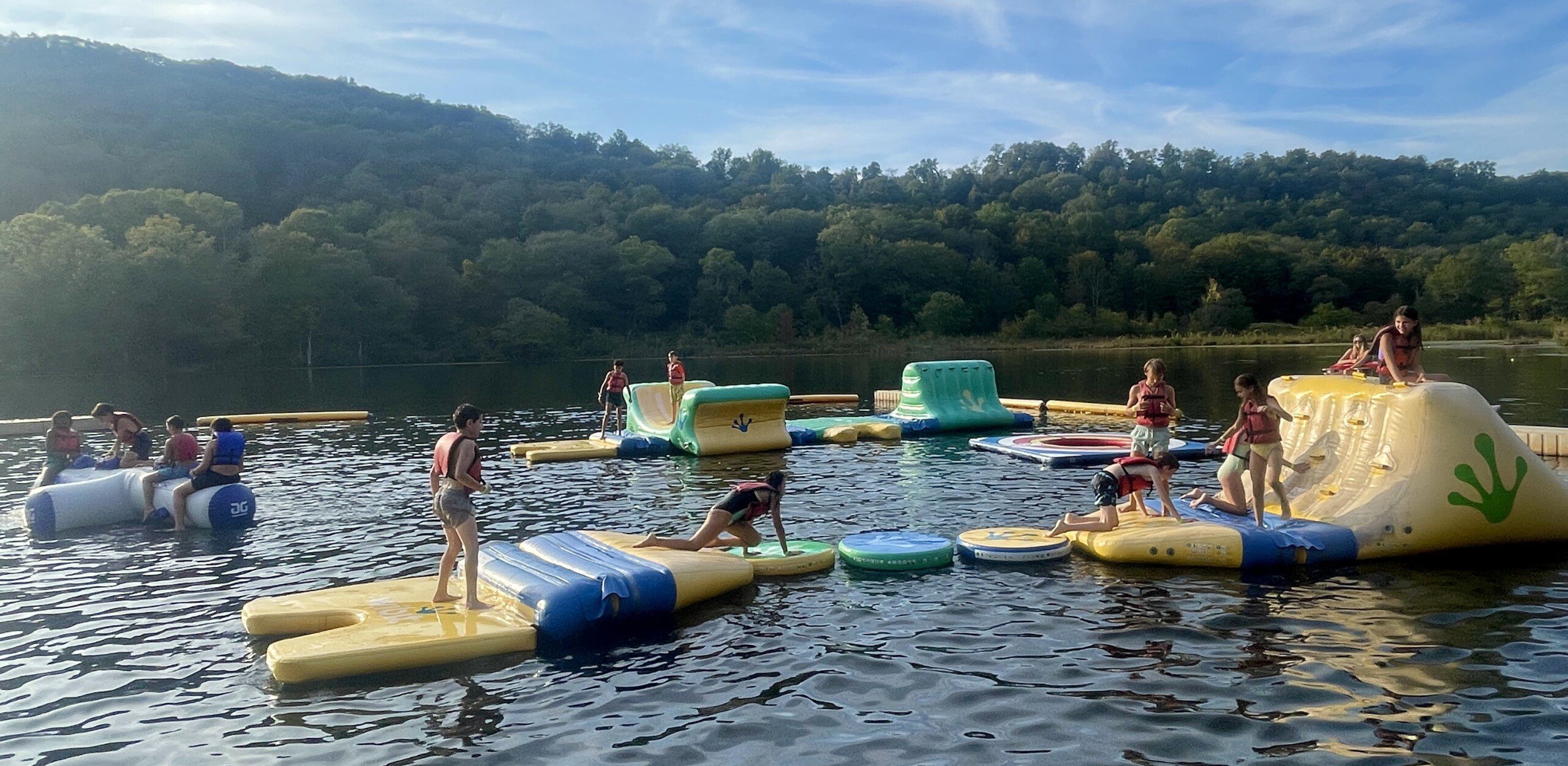When I was growing up in a small town in the Ardèche, my parents signed me up for football and tennis. It was the trend at the time for children to do one team sport and one individual sport. By doing so, parents felt they were checking all the boxes in terms of character development–children learned the art of teamwork and discovered the joys of solitary victories (or, in my case, the despair of solitary losses, which I, of course, blamed on everyone else / the wind / my racket–take your pick). There was no talk of optimizing human capital. Yet, we already understood that you don’t necessarily play sport just for sport’s sake–we played it in the hope of learning valuable lessons that we could transfer to other areas of our lives.
That tendency increased spectacularly with Reagan and Thatcher’s ascent to power in the 1980s and the rise of neoliberalism. Maximizing our potential to meet market demand has become second nature to us. The same goes for our kids; we do everything in our power to guarantee they have the very best start in life.
The world of education rose to the neoliberal challenge. It underwent a rapid transformation with a surge in the number of private schools, the development and evaluation of skills and competencies over knowledge, more extensive and flexible educational programs, and increased personalization and differentiation. The role of teachers was revolutionized (the countries that struggle to recruit teachers today are the very ones that didn’t comprehend the breadth of the challenge). The role of students was also revolutionized – packed schedules, occupying every moment of free time, choosing specializations and pathways at an ever younger age, etc. We don’t hear as much about the role of parents, but it too is very different today from what it used to be. Nowadays, we speak of “intense parenting…painstakingly and methodically cultivating children’s talents, academics and futures through everyday interactions and activities” (New York Times). The expectations are so colossal, and the stress is so great that the surgeon general considers it an urgent public health issue on par with cigarettes and AIDS.
It goes without saying that we bear all of this in mind at The École. Our curriculum is rich, varied, and ambitious. We offer math and theater, French and music, English and art, science and history. We also have an After-School program with a plethora of activities that allow our students to discover new hobbies. We are flexible about our competitive swimmers and soccer and tennis players leaving before dismissal so they can pursue their extracurricular passions (thanks to Cassie and Javier for juggling the early pick-ups daily!) We know how unwieldy family schedules can be, so we compile all the dates and information you need into one weekly memo (an enormous but, we believe, worthwhile undertaking by Andria). We even organize trips, like the 6th graders’ bonding trip this week, so that parents can enjoy a little “us” time. And then, there are the After-Work events, like the one on the Maternelle rooftop yesterday evening, when we get to spend some downtime together, far from intense parenting and exhausting expectations.
So you can chill; at The École, we’ll take care of everything.


